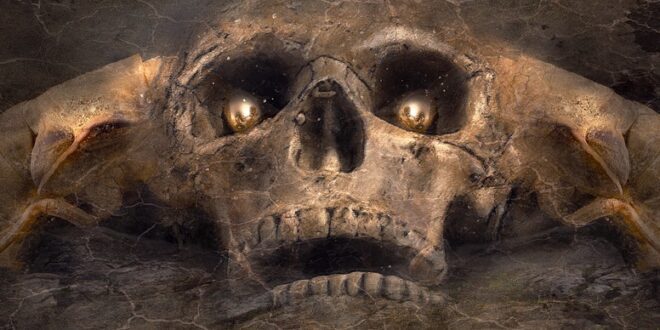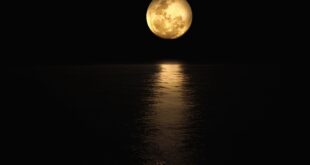From Period Dramas to Modern-Day Masterpieces: The Evolution of the Genre
The Charm of Period Dramas
Period dramas have always been a beloved genre for film and television enthusiasts. These enchanting stories set in various historical eras allow us to escape into different worlds and explore the customs, fashion, and distinctive atmospheres of days gone by. Whether it’s the detailed costumes, intricate set designs, or elaborate plotlines, there’s something undeniably captivating about delving into the past through the medium of period dramas.
Embracing Change: Modernizing the Classics
As society evolves, so does our taste in entertainment. We crave stories that resonate with our contemporary lives and reflect the challenges we face today. Filmmakers and writers have recognized this demand and have embraced the exciting task of reinventing period dramas for modern audiences. By infusing these beloved stories with elements of the present, they have successfully appealed to the younger generation while retaining the timeless essence of the original narratives.
Take, for example, the film adaptation of Jane Austen’s “Pride and Prejudice” directed by Joe Wright. Eager to bring fresh energy to the tale of Elizabeth Bennet, Wright set the film in the early 19th century but injected it with a vibrant, modern style. The result was a masterpiece that not only pleased Austen’s ardent fans but also struck a chord with contemporary viewers. This bold approach to recreating period dramas has breathed new life into classic stories.
Exploring New Horizons: Expanding the Genre
The evolving genre of period dramas has gracefully transitioned into exploring a wider variety of historical periods and themes. While Victorian England has always been a popular setting, writers and directors have now begun traversing different countries and eras, bringing forth fresh narratives that unearth hidden histories and shed light on diverse cultures.
One such success story is the Korean historical drama series “Mr. Sunshine.” Set in the late 19th century, it portrays the tumultuous events and human stories during the Korean Empire’s last days. With stunning cinematography and emotionally gripping performances, the series has captured the hearts of international audiences, revolutionizing viewers’ perspectives on period dramas and firmly establishing itself as a modern-day masterpiece.
Bridging the Gap: Interweaving Past and Present
As the lines between periods blur, a fascinating trend has emerged where the present intertwines with the past, adding intrigue and depth to the genre. This merging of timelines allows for unprecedented storytelling opportunities and explores the impact of history on contemporary lives.
A prominent example is the award-winning TV series “Outlander,” which merges historical fiction with elements of time travel. Following its protagonist, Claire Randall, as she navigates between 18th-century Scotland and the 20th century, the show artfully blends captivating period accuracy with emotionally charged relationships and simmering romance. By connecting past and present, the genre has found innovative ways to bridge the gap between befitting authenticity and relatable storytelling.
Into the Future: The Enduring Allure of Period Dramas
No matter how the genre evolves, its enduring allure remains intact. Period dramas continue to captivate us and transport us to other worlds, awakening our imaginations and allowing us to live vicariously through the characters on screen. They provide a refuge, an escape, and a celebration of the human experience throughout history.
So, as the evolution of period dramas marches on, let us embrace the modern-day masterpieces that push boundaries, broaden our horizons, and keep the magic of the genre alive. From the charm of traditional narratives to the thrill of modern adaptations, period dramas will always find a way to enchant us and capture our hearts for generations to come.
 Mind Uncharted Explore. Discover. Learn.
Mind Uncharted Explore. Discover. Learn.



